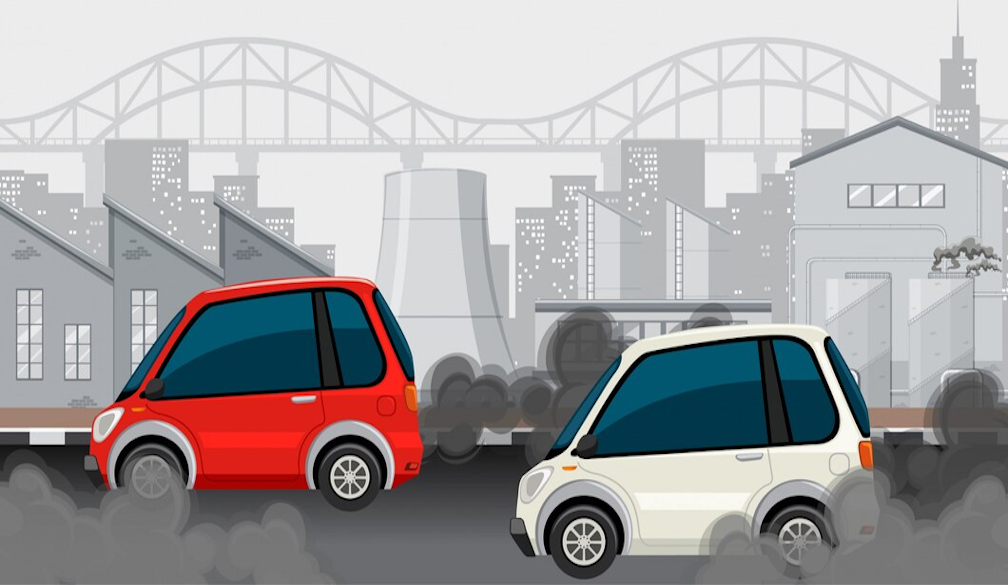What Is the Dieselgate Scandal? All You Need to Know

The Dieselgate scandal, a term now synonymous with corporate deception and environmental deceit, marks a significant chapter in automotive history. For those invested in the health of our planet, consumer rights, or simply the ethics of business practices, understanding Dieselgate is crucial.
From environmental activists to policymakers, diesel car owners to the public, the implications of this controversy touch us all. Whether you're concerned about the future of sustainable transportation, the integrity of major corporations, or seeking restitution as a diesel car owner, there's much to unfold.
The Genesis of Dieselgate
The Dieselgate scandal erupted into the public eye in September 2015, but its roots can be traced back to decisions made by automaker Volkswagen years before. The scandal came to light when the United States Environmental Protection Agency (EPA) discovered that VW had implemented software in their diesel engines designed to cheat emissions testing.
During routine testing, these vehicles appeared to follow regulations, emitting pollutants within the legal limits. However, the cars would switch off these restrictions on the road, resulting in emissions up to 40 times above what was allowed. This deliberate concealment affected an estimated 11 million vehicles worldwide.
Widespread Impact and Public Outcry
The initial shockwave of Volkswagen's betrayal led to immense scrutiny, targeting VW and spreading to various other manufacturers in the diesel industry. The outrage was multifaceted: consumers had been misled, environmental damage had been exacerbated, and trust in a renowned company was shattered.
Environmental groups were appalled at the increased level of pollutants released into the atmosphere, contributing to poor air quality and worsening climate change issues. The scandal was a personal affront for the everyday consumer, particularly those who had chosen diesel vehicles for their presumed lower environmental impact.
Legal Ramifications and Compensation Claims
In the aftermath of the discovery, Volkswagen faced severe legal consequences, including hefty fines and mandatory recalls. As investigations continued, more vehicle models and other manufacturers were implicated, broadening the scope of accountability.
Diesel compensation claims emerged as a significant aspect of this scandal. Whether it was a class-action lawsuit in the United States or individual claims in the UK, affected vehicle owners sought restitution for the diminished value of their cars and the breach of trust involved. Multiple law firms provided resources and information for diesel car owners affected by the scandal, advising on diesel claims and listing eligible vehicles.
Other Car Manufacturers
After Volkswagen admitted to fitting defeat devices in their diesel vehicles to produce false emission data, it wasn't long before similar accusations were levelled against other industry behemoths. The narrative began to pivot from isolated corporate misconduct to a more pervasive pattern of deceit across the industry.
Reports from various consumer advocacy sites, including MoneySavingExpert, suggest that several other manufacturers may have also used technology to manipulate emission results. Amongst those implicated, Fiat Chrysler Automobiles (FCA) has confronted allegations of using software that reduces emissions under test conditions. German automaker Daimler, the parent company of Mercedes-Benz, has also been entangled in allegations similar to Volkswagen's.
In 2023, the High Court granted a Group Litigation Order (GLO) allowing affected BMW vehicle owners to unite in a legal claim against the car manufacturer. Over 40,000 BMW and MINI diesel claims are represented by Leigh Day and Pogust Goodhead as lead solicitors for the group action lawsuit. This widening scandal raises questions about the oversight and regulatory processes in place and casts a dubious light on the diesel sector.
Dieselgate's Implications for the Automotive Industry
Apart from financial penalties and public relations nightmares for the companies involved, Dieselgate forced a reevaluation within the automotive industry. It catalysed a shift toward more rigorous emissions testing and accelerated the move from diesel engines to cleaner energy sources, such as electric vehicles.
The scandal also heightened public awareness about the importance of corporate transparency and environmental stewardship. Consumers began to demand more from automakers in terms of product quality, ethical practices, and sustainable innovation.
Moving Forward: Lessons Learned
For policymakers, Dieselgate highlighted the need for stringent regulations and oversight. It served as a rallying cry for environmental activists to continue fighting for a cleaner, more sustainable world. On the other hand, the public gained a more nuanced understanding of the impact of their consumption choices on the environment. As for diesel car owners, Dieselgate is a stark reminder to remain vigilant, informed, and proactive in the face of potential corporate wrongdoing.
The Dieselgate scandal is more than a footnote in our collective drive towards a greener future - it catalyses change. It represents a junction where technological innovation, environmental responsibility, and consumer rights converge. As we look back at its revelations, we must also look forward to the lessons we can carry into the future.
For those directly affected or simply perturbed by the implications of Dieselgate, information remains your most potent ally. Visit https://www.claimexperts.co.uk to learn about the diesel claims process and stay updated about the latest developments.






